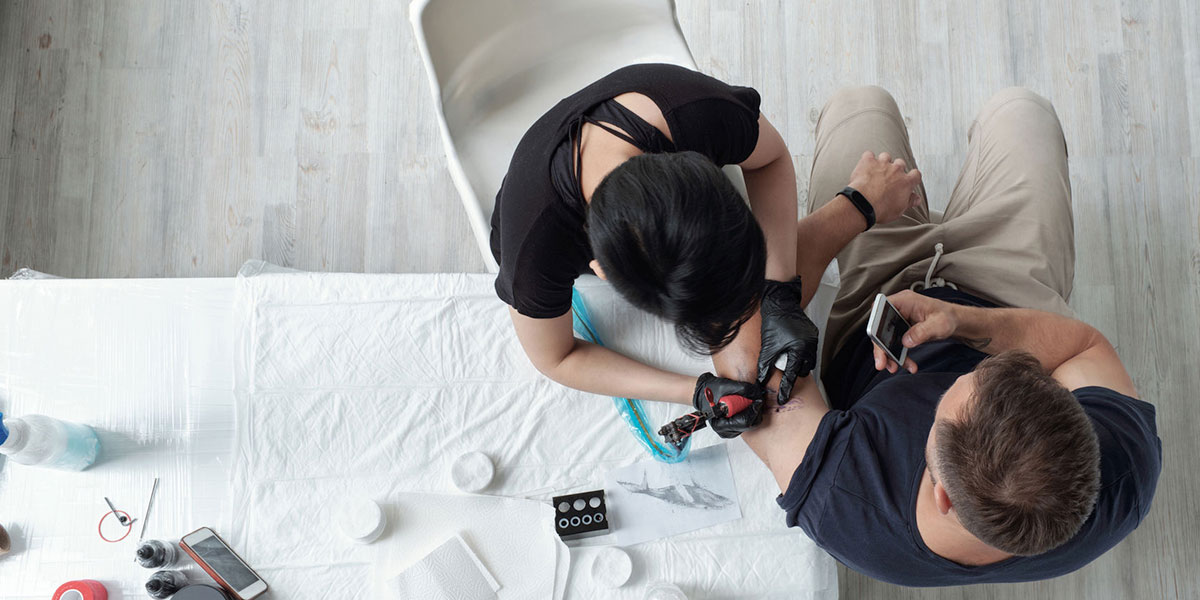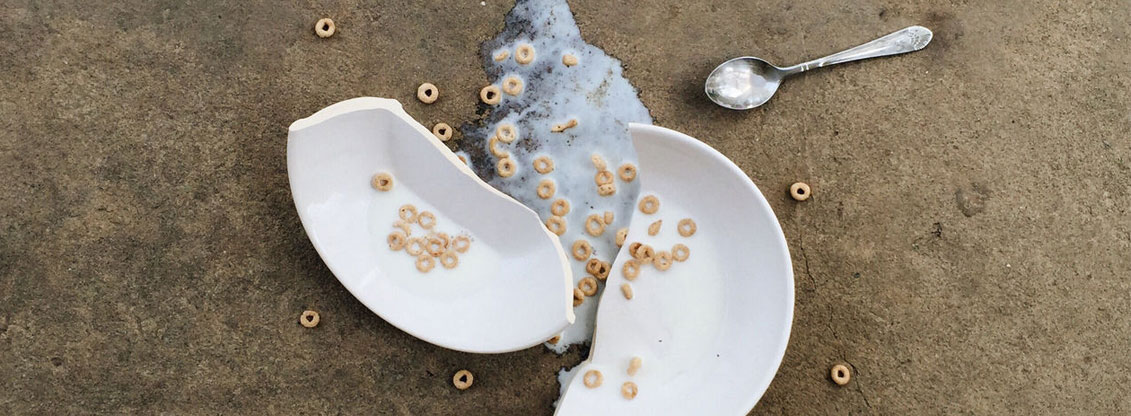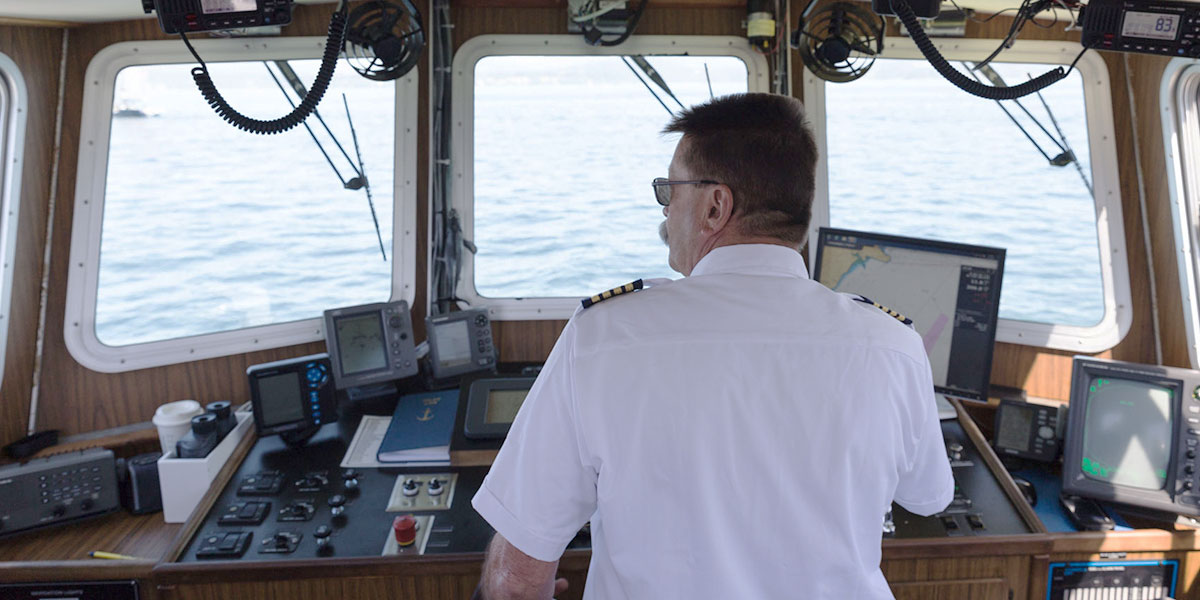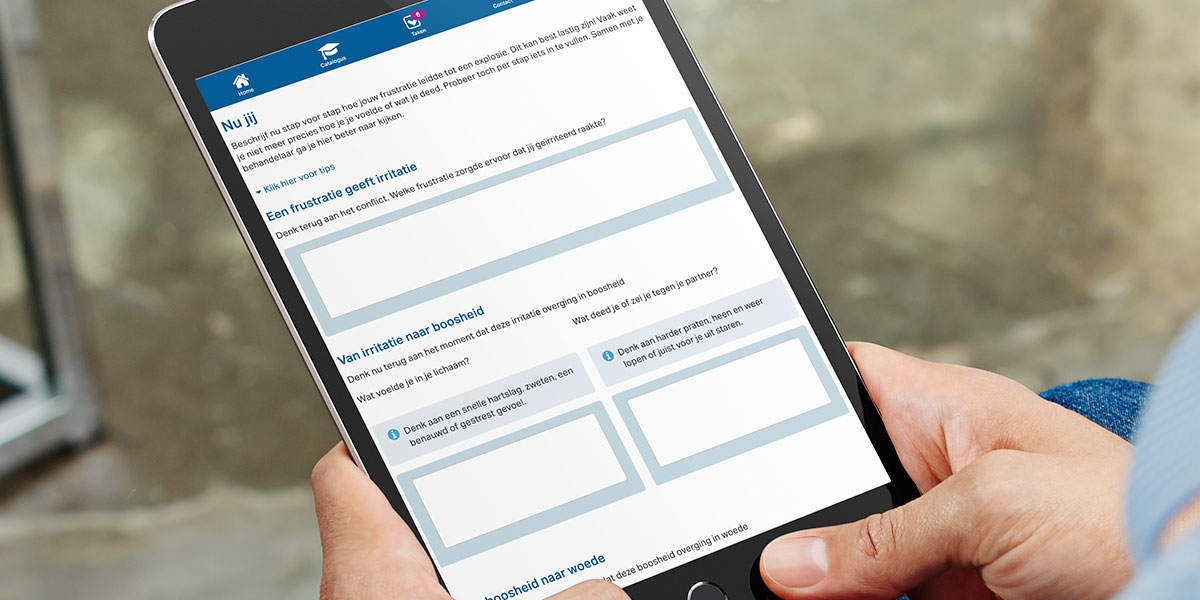Online care is being increasingly applied in forensic care. This is how Ben and Harry were offered an online module for their treatment for aggression. "This works better than group therapy. In my own space I can think better about my assignments."
Ben is a tattoo artist who specialises in Japanese style and texts. "I want to keep learning so I can also get better at other styles, with more colour." He has a few tattoos himself. At the moment Ben is not working, as he is trying to get his aggression under control. "I want to learn not to get angry so quickly and to get along better with people."
 Ben is a tattoo artist and wants to keep growing (stock photo)
Ben is a tattoo artist and wants to keep growing (stock photo)
In the last seven years Ben has received a variety of therapies, like group therapy at mental health facilities and aggression training in a group setting. He wasn't a big fan of it. "There’s not a lot of time for your own problems. Hearing other people’s stories was also sometimes difficult, for example when they have problems that involve their children. I have an issue with that, because it makes me angry."
'Hearing other people’s stories in group therapy was sometimes difficult.'
Ben is now being treated at Transfore, a Dutch forensic care institution. He is following an online module, and likes that more. "It helps me get to know myself better. It charts how I’m put together." Ben had to make a list with things that make him aggressive versus things that didn't. "The list of things that made me angry was much longer. It was quite something to look at."
In the Aggression module there are topics that contribute to improving aggression regulation, for example; estimation of risk situations, self-control, thought patterns, and insight into the pros and cons of aggressive behaviour. Both Ben and Harry follow the module ‘blended’, which means that they go through the information and do assignments from the module on their own, in addition to conducting face-to-face talks.

‘I used to break things at home’
Harry has also completed the Aggression online module after being referred to Transfore. "I began to lose myself in my anger, it became more extreme. My girlfriend sent me to the GP." At that point we had been together for fifteen years. "We kept fighting and sometimes the damage got worse and worse. I used to break things at home. My girlfriend said: either you get treatment or I'll walk out the door. At that point I didn’t like myself anymore."
 Harry is a captain and is being treated in forensic care (stock photo)
Harry is a captain and is being treated in forensic care (stock photo)
Harry has been working as captain of an inland boat for six years; he is away from home for two weeks and then he’s home for two weeks. He comes from an ‘inland navigation family’. As a kid, he used to go on the boat with his parents. "At first I didn’t want to go into the same profession, it was just too obvious. But in the end you’re young and you just want to start making money. So I completed the training." Harry got the right qualifications and worked his way up to captain.
'My girlfriend said: either you get treatment or I'll leave.'
After seeing the GP he was first assigned a practice nurse, but he says that didn’t work for him. "The things that he said, I could find online on my own. Those talks were not enough to 'reset' me." Afterwards he saw a different care provider a few times, but was not impressed there either. "I wanted more of a hardcore therapy, exposing everything."
The GP referred Harry to Transfore. "To put pressure on things, my girlfriend told me that she was afraid that I would hurt our daughter. I would never do something to hurt my child, but when you’re angry, you never know.’ What she said made Harry contact the institution right away. "It immediately felt as if everything was being handled more professionally there and I was being taken seriously. That also made me feel that I really had to start dealing with my problems."
‘At Transfore I immediately felt that I was being taken seriously.’
The online module fits well with Harry’s lifestyle. "Because of my work, I can't attend weekly group sessions. Now I can work on it in my own time, on my phone or tablet. And sometimes I have contact with the psychologist." He says that the online module did feel like a therapy. "Even though I have the feeling that I forget things more quickly because the work is done online, when I have another appointment with the psychologist to discuss the assignments, I really have to think about what it is that I filled in two weeks ago."
More time to reflect
Ben is also happy with the online therapy. "I can work on it in my own space. That helps, because I can reflect better on things." After the group training Ben noticed that he often felt wound up when he came home, partly because of other people’s stories. "At home I don’t have that. And if I’m having a lousy day, or don't feel comfortable, then I do my homework on another day." This treatment style works well for him. But he finds it complicated to keep a diary. "It’s difficult for me to write down how I feel."
‘I have learned where the aggression lies and what I tend to react to.’
Ben says that the ‘Circle of violence’ assignment from the module helps him chart where his aggression is coming from. Participants do this exercise after learning the difference between a situation, a thought and a feeling. Based on a recent situation in which they had to deal with their aggression, the participants made their own circle. The circle consists of the thoughts that they had when they felt the aggression coming on, the emotions they experienced and the signs their bodies gave them. Next, they write down how this influenced their behaviour and identified as a ‘red button’ that which ultimately pushed them over the edge. Lastly, they wrote down how the ‘explosion’ manifested itself. "It teaches you where the aggression lies and what you tend to react to," tells Ben. "I’ve completed seven of them now".
Insight into anger
The same exercise got Harry thinking. "You gain insight into how your anger builds up to the point that it almost explodes. And it helped me recognise what triggers the anger." Harry says he gets the jitters when someone yells at him. "I have learned that it helps if my environment knows what triggers my anger." So his girlfriend and daughter know this – "to the degree that a five-year-old can", he adds. Sometimes Harry walks the dog when he has to unwind. "It helps me settle down a bit." At work Harry has learned to say no sooner, and to come back to a situation later on.
 The module offers insight into the occurrence and increase of anger.
The module offers insight into the occurrence and increase of anger.
By now Ben has noticed that he is "slowly getting it", he says. "Sometimes I feel the anger stirring, but distancing myself from it is still difficult." He recommends the module to others with similar problems. "I hope that after this module, I can continue with an online programme so I can learn more about myself."
By now Harry has covered the entire module. He'll be talking with his practitioner about how to continue. "I want to know what the options are, and I think I would prefer talking with someone every month. Attending a group session seems interesting, to hear about other people’s experiences." He says the module has taught him that it helps to write down those things which help him prevent the anger. "I have been given tools."
About ehealth in forensic care
Several forensic care facilities use the ehealth platform of Minddistrict in the care they provide. Do you want to find out more? Feel free to contact us.
The aggression module is not currently available on the English version of the Minddistrict platform. But, if you're interested in using it, please get in touch with us!
